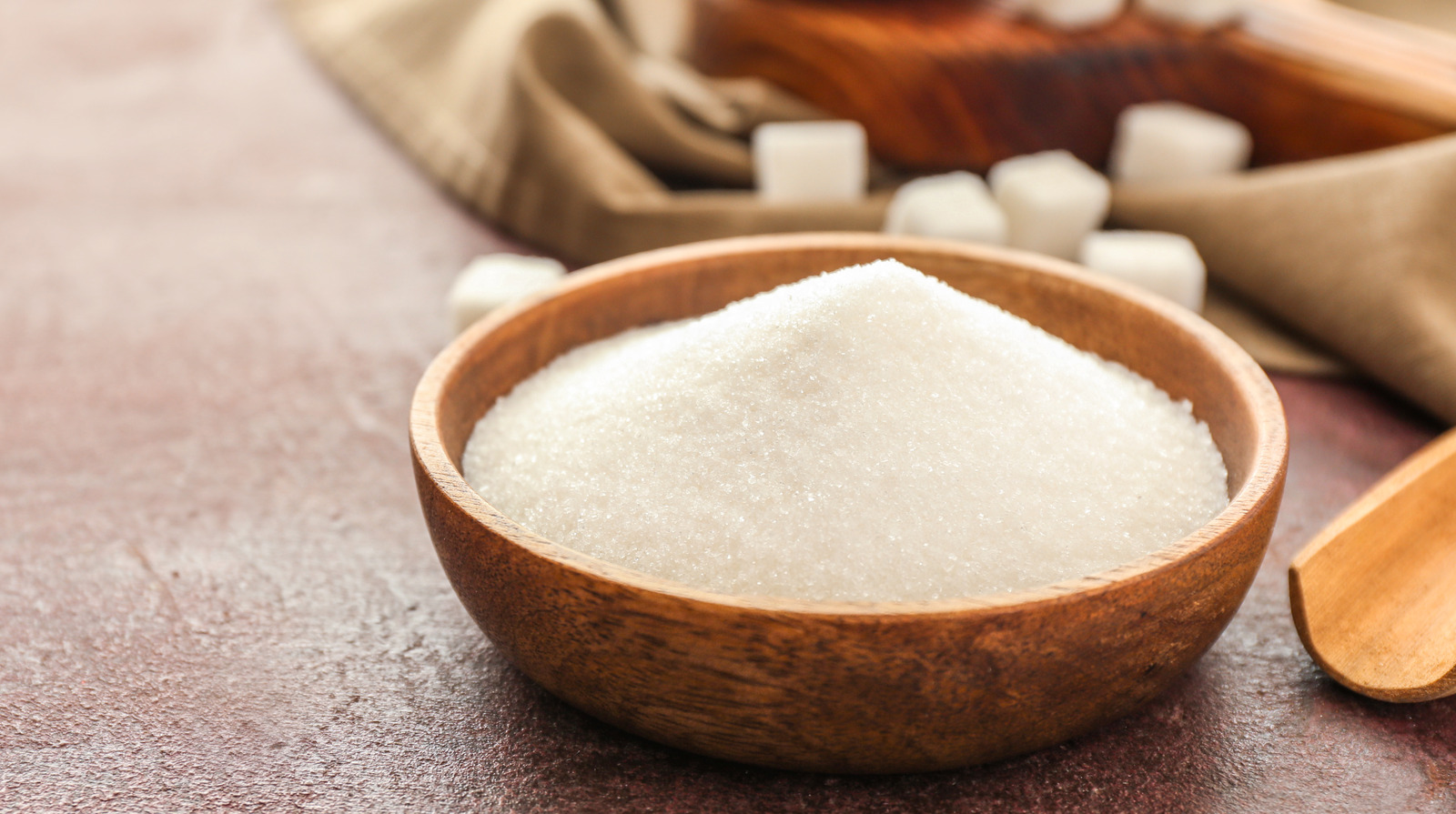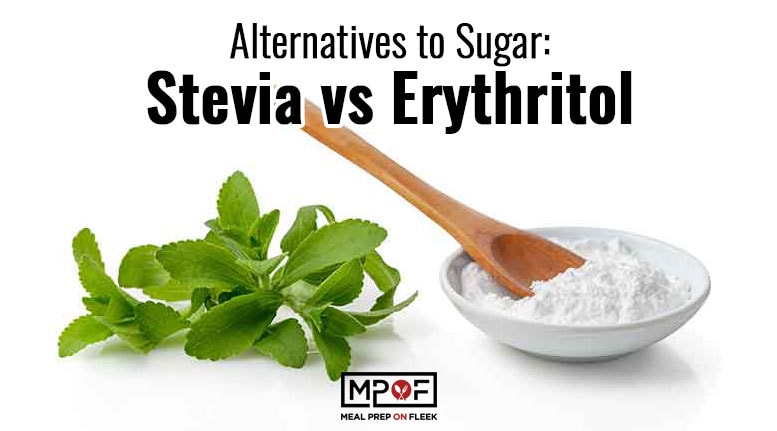Erythritol and Blood Clotting: Erythritol Blood Clots

Erythritol, a sugar alcohol commonly used as a sweetener in food and beverages, has recently been linked to an increased risk of blood clots. This has raised concerns about its safety, prompting further investigation into its potential effects on blood clotting mechanisms.
The Mechanism of Blood Clotting
Blood clotting is a vital process that helps prevent excessive bleeding by forming a plug at the site of injury. This complex process involves a cascade of reactions involving platelets, clotting factors, and fibrin, ultimately leading to the formation of a stable blood clot.
The clotting cascade involves a series of enzymatic reactions that activate clotting factors, ultimately leading to the conversion of fibrinogen into fibrin, which forms the meshwork of the blood clot.
This process is tightly regulated by a balance between pro-coagulant and anti-coagulant factors, ensuring that clotting occurs only when necessary.
Erythritol and its Potential Impact on Blood Clotting
Erythritol, a naturally occurring sugar alcohol found in fruits and fermented foods, is increasingly used as a sweetener due to its low calorie content and lack of impact on blood sugar levels. However, recent studies have raised concerns about its potential to increase the risk of blood clots.
The exact mechanism by which erythritol may affect blood clotting is not fully understood. However, some studies suggest that it may interfere with the body’s natural anti-coagulant mechanisms, potentially leading to an increased risk of clot formation.
Scientific Research on Erythritol and Blood Clots
Several studies have investigated the potential link between erythritol consumption and blood clots. One study published in the journal Nature Medicine found that high levels of erythritol in the blood were associated with an increased risk of heart attack, stroke, and venous thromboembolism (VTE).
Another study, published in the journal Circulation, found that erythritol increased the risk of blood clots in mice. While these studies provide preliminary evidence suggesting a potential link between erythritol and blood clots, further research is needed to confirm these findings and elucidate the underlying mechanisms.
Limitations of Current Research
It is important to note that the current research on erythritol and blood clots has several limitations. Firstly, most studies have been observational, meaning they cannot establish a causal relationship between erythritol consumption and blood clots. Secondly, the studies have been conducted on small sample sizes, limiting the generalizability of the findings. Finally, the studies have not been able to determine the specific dose of erythritol that may increase the risk of blood clots.
Further research is needed to address these limitations and provide more definitive evidence on the potential link between erythritol and blood clots.
Potential Risks and Concerns

While erythritol is generally considered safe for consumption, recent research has raised concerns about its potential association with an increased risk of blood clots. This concern stems from a study published in the journal Nature Medicine in August 2022, which found that erythritol levels in the blood were significantly elevated in individuals who had experienced a heart attack or stroke.
Factors that May Increase the Risk of Blood Clots
It’s important to understand that the study linking erythritol to blood clots was observational, meaning it cannot definitively prove cause and effect. However, the findings warrant further investigation and raise important questions about potential risk factors. Here are some factors that may increase the risk of blood clots in individuals consuming erythritol:
- Pre-existing conditions: Individuals with pre-existing conditions that increase the risk of blood clots, such as heart disease, stroke, diabetes, or obesity, may be more susceptible to the potential effects of erythritol.
- Other medications: Certain medications, such as oral contraceptives, hormone replacement therapy, and some cancer treatments, can also increase the risk of blood clots. Consuming erythritol in conjunction with these medications may further elevate the risk.
- High erythritol intake: The study found that individuals with higher levels of erythritol in their blood were more likely to experience blood clots. Therefore, excessive consumption of erythritol-containing products may increase the risk.
Specific Populations at Higher Risk
Based on the available evidence, certain populations may be at higher risk for erythritol-related blood clot complications:
- Individuals with a history of blood clots: People who have previously experienced blood clots, such as deep vein thrombosis (DVT) or pulmonary embolism (PE), may be more susceptible to the potential effects of erythritol.
- Individuals with genetic predisposition to blood clots: Some individuals may have genetic predispositions that increase their risk of blood clots. These individuals may be more sensitive to the potential effects of erythritol.
- Individuals with certain medical conditions: Individuals with specific medical conditions, such as heart disease, stroke, diabetes, obesity, or cancer, may be at increased risk of blood clots, and erythritol consumption could potentially exacerbate this risk.
Recommendations and Considerations for Erythritol Consumption

Given the recent concerns surrounding erythritol and its potential link to blood clots, it’s crucial to approach its consumption with caution and awareness. While erythritol has been widely used as a sugar substitute, the emerging research necessitates a thoughtful evaluation of its use. This section will provide recommendations and considerations for erythritol consumption, helping you make informed choices for your well-being.
Recommended Daily Intake and Blood Clot Risk
Determining a specific recommended daily intake for erythritol is challenging due to the limited research available. The FDA currently classifies erythritol as “generally recognized as safe” (GRAS), but ongoing research is continuously evaluating its safety profile. However, it’s prudent to exercise moderation in erythritol consumption, especially in light of the potential blood clot risk. Individuals with a history of blood clotting disorders or other health concerns should consult with their healthcare providers to determine a safe and appropriate intake level.
Guidelines for Individuals Concerned About Erythritol and Blood Clots
For individuals concerned about erythritol and its potential link to blood clots, the following guidelines may be helpful:
- Limit Consumption: Consider limiting your intake of erythritol-containing products, especially if you have a history of blood clotting disorders or other health concerns.
- Read Labels Carefully: Pay close attention to food labels and ingredient lists to identify products containing erythritol. Look for alternative sweeteners if you’re concerned about erythritol.
- Seek Professional Guidance: Consult with your healthcare provider to discuss your concerns and determine the best course of action based on your individual health history and risk factors.
Alternative Sweeteners
There are numerous alternative sweeteners available that may be considered if you’re concerned about erythritol:
- Stevia: A natural, plant-based sweetener derived from the stevia plant, known for its zero-calorie content.
- Monk Fruit: Another natural, plant-based sweetener derived from the monk fruit, also known for its zero-calorie content.
- Allulose: A naturally occurring sugar found in small amounts in certain fruits, with a similar taste and sweetness to table sugar but with fewer calories.
- Erythritol-Free Products: Many food and beverage manufacturers offer products sweetened with alternatives to erythritol, so be sure to check labels carefully.
Importance of Consulting with a Healthcare Professional, Erythritol blood clots
Consulting with a healthcare professional is crucial, especially for individuals with a history of blood clotting disorders, heart disease, or other health concerns. They can provide personalized guidance based on your individual medical history and risk factors.
It’s essential to remember that everyone’s body responds differently to various substances, and what may be safe for one person may not be safe for another.
Erythritol blood clots – The recent discovery of erythritol’s potential to increase blood clot risk has sent shockwaves through the health community. While scientists race to understand this connection, it’s a stark reminder of how even seemingly innocuous substances can have unforeseen consequences. The complexity of such discoveries mirrors the intricate dance of geopolitics, like the ongoing tensions between Iran and Israel, a history of conflict and tensions that has shaped the Middle East for decades.
Both scenarios highlight the importance of constant vigilance and careful analysis to navigate the unpredictable nature of our world, whether it’s in our bodies or on the global stage.
The recent news about erythritol and blood clots has sent shockwaves through the health community, leaving many questioning the safety of this popular sugar substitute. But just as we grapple with this unsettling discovery, consider the seemingly harmless pursuit of collecting McDonald’s collector meal cups.
These seemingly innocuous objects, like erythritol, are often viewed as safe and enjoyable, yet both can hold hidden dangers, reminding us that even seemingly harmless things can have unexpected consequences.